The company previously expected to focus on HSPA+, an update for its existing 3G network that currently gives it bragging rights as the fastest national US mobile network. To combat the extensive and inaccurate marketing surrounding 4G, AT&T is now describing HSPA+ and LTE as both being "layers of network technology to deliver 4G speeds."
HSPA+ is usually considered a "3.5G technology," and is part of the 3GPP Release 7 specification, while LTE is often marketed as "4G" because it uses a new air interface (described in Release 8). However, the actual 3GPP definition of 4G service establishes 100Mbps downloads, something no LTE provider currently comes even close to providing.
Today's LTE is actually a "transitional" step toward real 4G speeds. Verizon says its LTE users should see average download speeds of 5-12Mbps, and uploads of 2-5Mbps. That's much faster than Verizon's existing EvDO 3G service, but less than a tenth of what 4G is supposed to deliver. It's also not faster than today's best 3G HSPA+ service.
Verizon and other CDMA/EvDo carriers (such as those in Canada and Mexico) were unable to upgrade EvDo to make it faster, because that technology is at the end of its life. While other CDMA carriers globally have built out HSPA+ overlays (which have enabled those carriers to support the iPhone), Verizon decided to skip HSPA+ and built out LTE instead.
LTE is not backwardly compatible with existing 3G phones that use either CDMA/EvDo or UMTS/HSPA networks (including the iPhone). Existing LTE simply works differently than HSPA+, but is not currently faster, although the technology will be eventually used to deliver much faster speeds. LTE service is also currently quite expensive as well, with Verizon charging $50 per month for 5GB of data, with $10 per gigabyte overage charges.
HSPA+ and 4G
AT&T's current 3G HSPA+ service is rated at 7.2Mbps downloads and 5.8Mbps uploads, with 14.4Mbps upgrades rolling out in some markets. Other carriers outside the US are operating HSPA+ networks offering speeds of up to 21Mbps, and AT&T reports that its network is capable of 21Mbps speeds, although few devices are capable of using that capacity.
iPhone models since the 3GS have been able to take advantage of 7.2Mbps speeds, and iPhone 4 introduced uploads that can take full advantage of 5.8Mbps uploads. In the real world, AT&T provides typical throughput closer to 1.5Mbps down and 0.7Mbps up, in areas of San Francisco where its service is available. In areas where AT&T has installed enhanced backhaul, the company says users should be able to experience 6Mpbs downloads on existing HSPA devices like the iPhone 3GS and iPhone 4.
T-Mobile is also rolling out 21Mbps HSPA+ service, which it initially called "the nations fastest 3G network" but now describes as "America's largest 4G network."
In November, AT&T took issue with T-Mobile's claims, telling the blog Phone Scoop that "T-Mobile's claims about 4G are based on the same HSPA+ technology we have deployed to 180 million people today, more than T-Mobile’s reported 140 million, and we’ll have it rolled out to 250 million people by the end of this month, substantially more than the 200 million T-Mobile says it will have by year-end."
AT&T takes on Verizon in LTE
Now, joining Verizon's push to LTE, AT&T says it will begin deploying LTE within the year, and like T-Mobile, has begun describing its HSPA+ network as delivering 4G speeds competitive with today's LTE. "AT&T is the only U.S. company committed to delivering 4G using both HSPA+ and LTE technologies," the company said in a press release.
Also like Verizon, AT&T promised a variety of 4G LTE phones running Android, which should appear in the second half of this year. The company also suggested Apple would release a 4G iPhone for AT&T, but clarified that it was not making any announcement regarding iPhone support for LTE.
Apple is expected to release a conventional CDMA EvDo version of iPhone 4 for Verizon's network, which would greatly expand US availability among users tied to Verizon or unable to use AT&T's service. However, while Verizon's 3G service is largely considered to be more complete in coverage, it's not as fast as the best areas AT&T covers, nor is it competitive with LTE.
A hybrid CDMA/LTE iPhone is possible, but Apple may also wish to hold off on upgrading to LTE until it is more widely available, focusing instead on HSPA+ service that is currently capable of similar speeds and already widely deployed around the world.
 Daniel Eran Dilger
Daniel Eran Dilger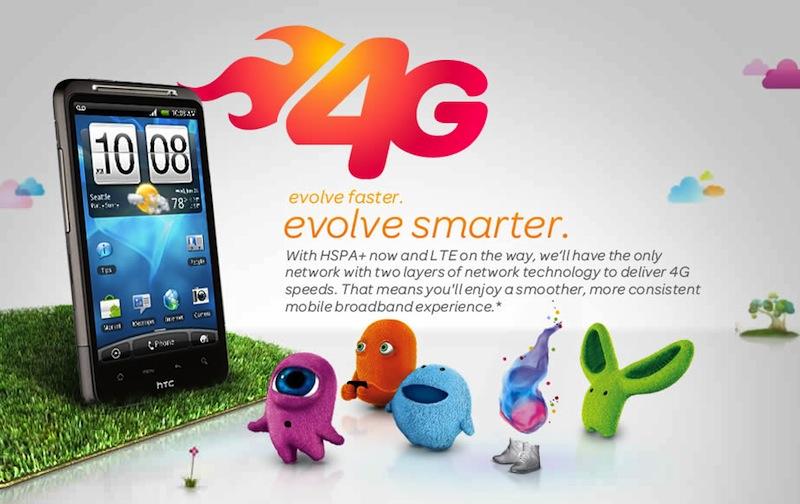

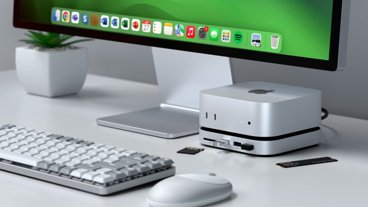











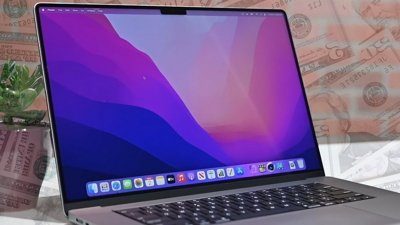
 AppleInsider Staff
AppleInsider Staff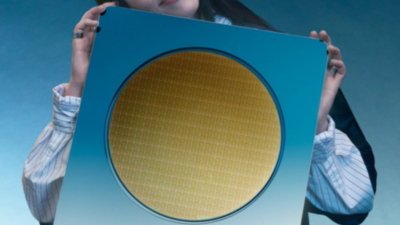
 Andrew Orr
Andrew Orr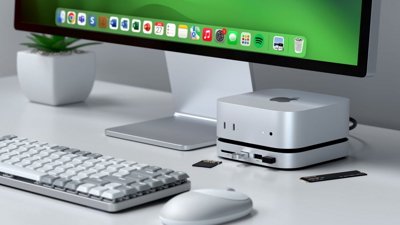
 Amber Neely
Amber Neely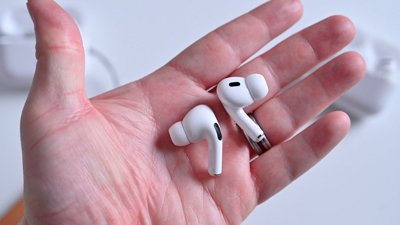
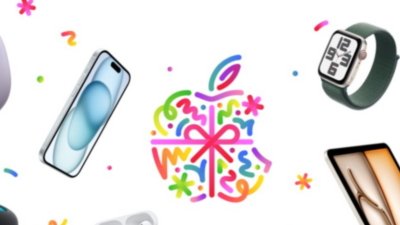
 William Gallagher
William Gallagher
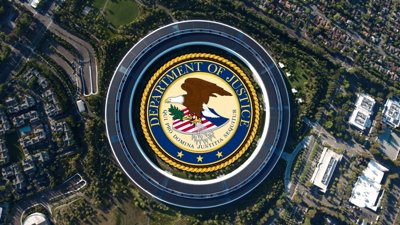
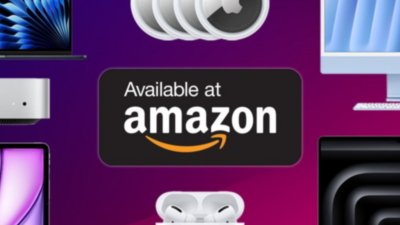
 Christine McKee
Christine McKee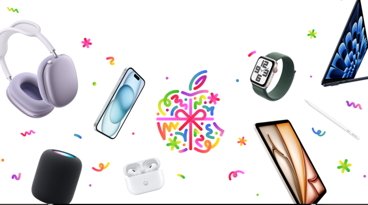
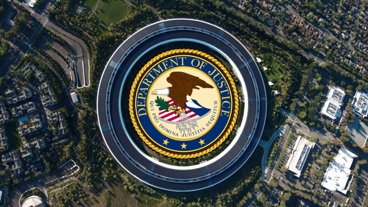







55 Comments
I remember reading a posthere that quoted AT&T representative saying they are not rushing to roll out 4g and will not even begin until 2012 ish. I was furious and said us sucks compared to what was already available in Europe at the time. Now I am hoping all carriers will take this a bit more seriousely and we can start matching the speeds Scandinavians have been enjoying for some time now.
Verizon and other CDMA/EvDo carriers (such as those in Canada and Mexico) were unable to upgrade EvDo to make it faster, because that technology is at the end of its life.
Daniel, you're truly getting on my nerves. Why do you need to keep adding in comments like this? It's blatantly biased and fanboyism at its worst. Do us a favor and keep you're little comments to yourself. It's painful to read. Really.
On topic, I don't expect Apple to get on board with LTE for a few years. They used EDGE instead of 3G on the first iPhone, so it seems they don't want to be anybody's test subjects.
Verizon needs to abandon CDMA as fast as they can. It's slow, end-of-life, and their version of it can not support data and voice at the same time.
Verizon's biggest weakness is that until their 4G LTE is fully built out (2013-2014?), they need to rely on CDMA as a backup. This will be a horrible user experience when users jump into and out of 4G. Calls will drop and/or data will stop.
At least AT&T can seamlessly fall back on their HSPA+ (up to 21mbps).
Sure, everyone "knows" Verizon has the best network...because everyone says it. Could it be that they really have the worst?
Verizon's biggest weakness is that until their 4G LTE is fully built out (2013-2014?), they need to rely on CDMA as a backup. This will be a horrible user experience when users jump into and out of 4G. Calls will drop and/or data will stop.
As I mistakenly assumed a day ago in a similar thread and was corrected by 'ghostface', the LTE potion of the network is for data only so the lack of it won't cause any dropped calls. I believe Verizon has suggested that by 2012 they will begin to offer voice and data over LTE but in the meantime LTE is data only and voice will remain CDMA until then.
I did ask but I don't recall seeing any reply, will AT&T require both GSM for voice along side LTE for data or will they be LTE for both? I am again assuming it will be a similar transition as what Verizon described for their LTE deployment.
Just a few months to go folks and then you can have a iphone on a REAL network. Rather than nearly always weak signal substandard performer like ATT with 1/5 the cell sites of Verizon for 3 G.